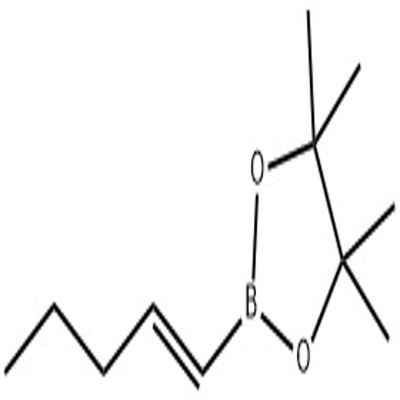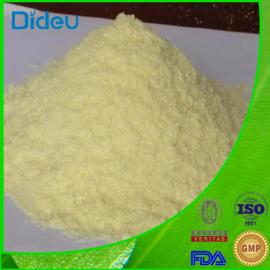Obesity, heart disease and diabetes can be contagious, according to new research!
-
Last Update: 2020-01-20
-
Source: Internet
-
Author: User
Search more information of high quality chemicals, good prices and reliable suppliers, visit
www.echemi.com
Generally, people think that non communicable diseases (NCDs) are diseases that can not be directly transmitted between people They are mainly caused by genetic, lifestyle and environmental factors, such as heart disease, cancer, etc., accounting for 70% of the world's deaths Recently, scientists of cifar human and microbial research group published new opinions in science magazine, doubting this long-standing belief, proving that many NCDs may be transmitted between people through microorganisms in our body DOI: 10.1126/science.aaz3834 Obesity is a major risk factor for many NCDs Researchers first found that all NCDs patients have similar microbial communities, and then, through fecal microbial transplantation, FMT), that is, the transfer of fecal microorganisms from genetically susceptible or diet induced obese animals to sterile and lean animals, results show that the latter will significantly increase their weight, which indicates that intestinal microorganisms are part of the cause At the same time, FMT confirmed that inflammatory bowel disease, type 2 diabetes, cardiovascular disease may be transmitted by microorganisms In addition, the study found that couples living in the same house had more similar microbial communities than twins living alone, which further proved the infectivity of microbial communities NCDs hypothesis Maria Gloria Dominguez Bello, researcher of cifar and professor of Rutgers University, pointed out that when the transmission increases and whether the health can also spread, a large number of studies on microbial transmission and impact are still needed Brett Finlay, lead author and researcher at the center for microbiological research at the University of British Columbia and professor of Microbiology, added that if our hypothesis turns out to be correct, it will rewrite the entire public health book It is also hoped that the study will inspire researchers of any disease to consider the possible effects of microorganisms End reference material:
This article is an English version of an article which is originally in the Chinese language on echemi.com and is provided for information purposes only.
This website makes no representation or warranty of any kind, either expressed or implied, as to the accuracy, completeness ownership or reliability of
the article or any translations thereof. If you have any concerns or complaints relating to the article, please send an email, providing a detailed
description of the concern or complaint, to
service@echemi.com. A staff member will contact you within 5 working days. Once verified, infringing content
will be removed immediately.







